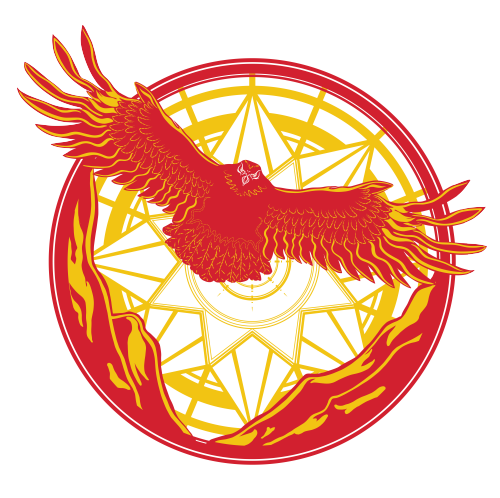Thesis Theatre for Sarah Monnier
This thesis Theatre has passed. Enjoy the recording!
Abstract: It is a truth universally acknowledged that the Classics, which generally means Greek and Latin language materials, are much more advanced in digital scholarship and resources than Germanic languages. While an enormous amount of material exists online to allow research into Biblical and Classical Greek text, for instance, there is less available for the Germanic languages, including Old English. While the digital world is not devoid of quality Old English digital editions (Electronic Beowulf immediately stands out), there is little connectivity between projects, and with the wider world of scholarship beyond the immediate texts. This project takes Widsið as a prototype for the XML-markup of Old English poetry that allows ease-of-reading for scholars of all levels and language abilities. The goal is to give access to original-language texts to scholars who are not fluent, or perhaps are learning the language, as well as to give wider access to additional information about things mentioned within the poem. Chosen because of its plethora of named entities, Widsið demonstrates the broader possibilities of digital editions, and the future of inclusion within the Perseus Digital Library would give still greater reach to its references. This paper discusses the process of creating this digital text, both as a scholarly edition and as a digital edition, and then explores the greater possibilities available in a digital context.
Bio: Sarah Monnier is a former opera singer who switched paths after having children. Her first course at Signum was Introduction to Old English, where she fell in love with the language and poetry. At Signum she was introduced to working with digital texts, and inspired by the possibilities of Old English in a digital context, she dove headfirst into that side of Old English studies. A mother of four, she lives in Iowa.

